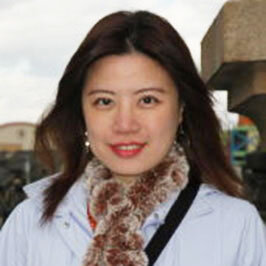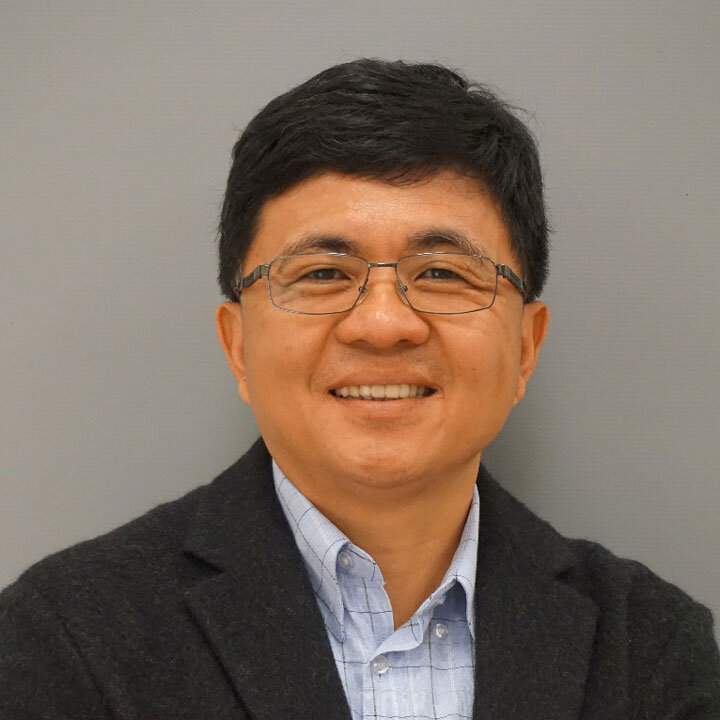 |
I. Introduction
According to CASEL(2021), SEL is the process through which all young people and adults acquire and apply the knowledge, skills, and attitudes to develop healthy identities, manage emotions and achieve personal and collective goals, feel and show empathy for others, establish and maintain supportive relationships, and make responsible and caring decisions Activities designed for SEL in educational settings enable children to comprehend emotional fluctuations, consider others' feelings, or express their emotions, enhancing emotional intelligence for smoother interactions in future group settings. Resilience forms the foundation of psychological well-being, referring to one's ability to adapt and recover from negative experiences like stress, adversity, or trauma. When you possess strong resilience, you can bounce back from setbacks while maintaining composure and control, determining your capacity to tackle challenges and influencing your growth and other developmental possibilities, effectively mitigating the risk of burnout.
The concepts of SES (Social-Emotional Skills) and resilience are relatively new in early childhood education in Taiwan. The government-prescribed curriculum for early childhood education only includes teaching social skills. Over the past decade, some higher education institutions have begun to recognize the importance of SES in early childhood education. However, it wasn't until the last five years that some workshops specifically introduced SES to teachers or principals participating in training sessions. They hope to serve as seed teachers and return to their schools to promote SES education. In contrast, resilience is a concept that very few people know how to properly explain. So far, the early childhood education community in Taiwan remains largely unfamiliar with resilience.
In Taiwan, children typically start attending kindergarten from the age of 2 to 5 and engage in over 8 hours of learning each day. This prolonged duration is often due to the prevalence of dual-income households, where parents opt to enroll their children in kindergarten to foster holistic development and cultivate positive attitudes toward life. As a result, apart from parental influence, kindergarten education plays a significant role in shaping children's personalities, worldviews, and values.
Child Research Net (CRN) coordinated a group of Asian countries to process the study of SES and resilience in early childhood education. It was an important research to help ECEC and kindergarten teachers understand more about children, especially after the COVID-19 pandemic.
Read full report



 Anita Zichun Chu
Anita Zichun Chu Fu Tsai Hung
Fu Tsai Hung










